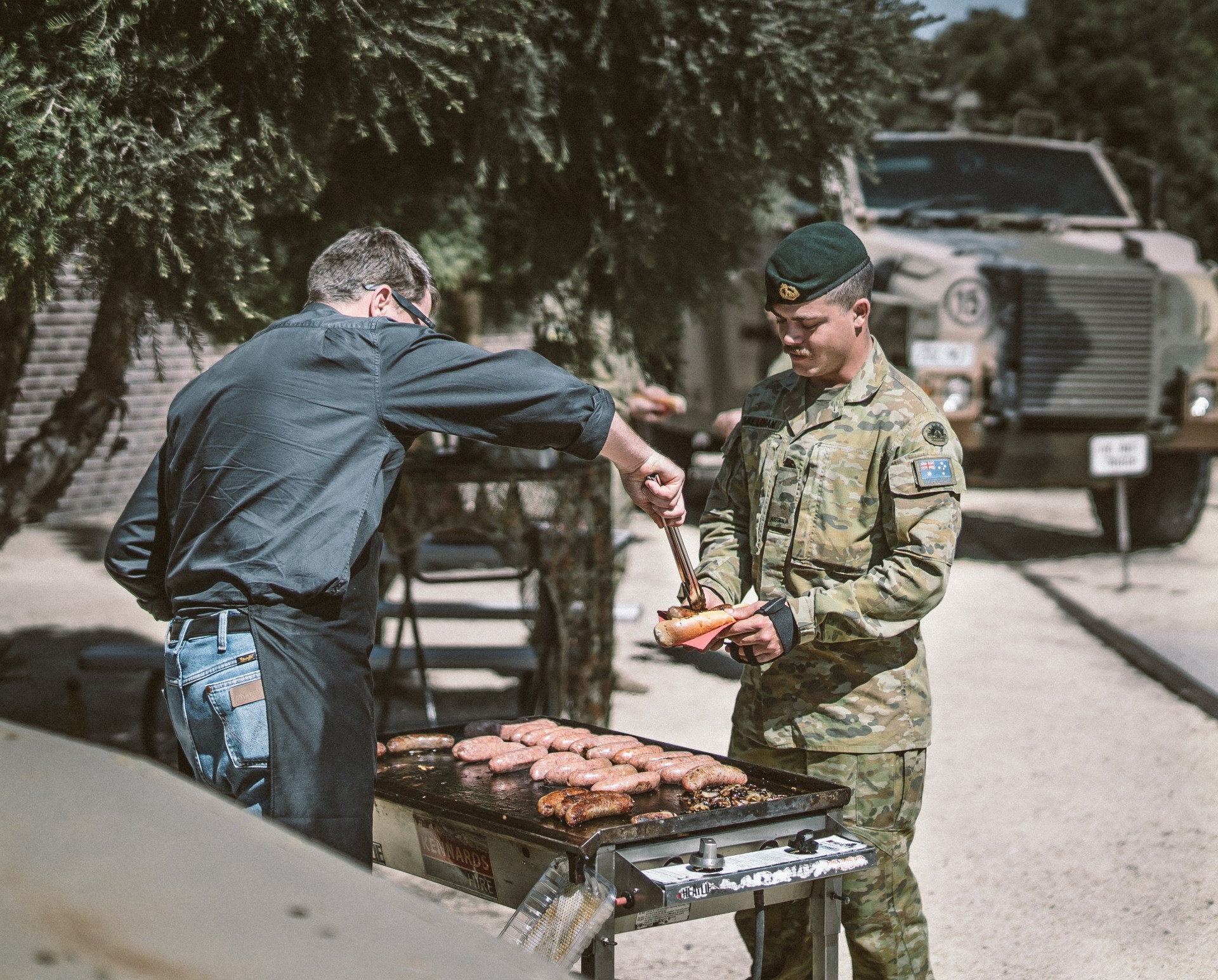Why should all Australians host A BBQ To Remember for Remembrance Day?
While I understand everyone has different views on what Remembrance Day means, in order to understand what Remembrance Day is supposed to stand for, we have to look at the day's history, both in Australia and in all allied countries.
The primary fact here is glaringly obvious. As described by Romani Rathi’s Article from 2019, ‘Remembrance Day is the poor cousin of Australian War Commemoration, and unless we as a country and a Veteran community do something to reinvigorate Remembrance Day, it will be lost from national memory, forever.’
The Origins
From 1918, Armistice Day became a more formal and sombre occasion on which people were encouraged to remember the fallen through a moment of silence, and pay our respects for their service and sacrifice.
The language of memory honoured the deceased, acknowledging that they had not sacrificed themselves in vain but for institutions and values such as God, King and Country, and freedom. However, as time passed, this language came to be increasingly contested.
By the mid-1920s, both ‘Armistice Day’ and ‘Remembrance Day’ were commonly used in Australia, and by the 1930s, the latter term was dominant.
During the second world war, British officials began discussing a change to the date and the significance. To avoid a proliferation of commemorative days and to ensure the date would remain relevant to newer generations, the UK decided that a common commemoration day be made to pause and reflect on all wars and the sacrifices of all men and women involved in all conflicts. The calendar was marked with Remembrance Sunday, the Sunday closest to 11 November was set on the National Calendar.
The USA set 11 November as Veterans Day. A Day to celebrate all military service and to reflect on the sacrifices of all who have served.
From 1946 until the 1970s, Australians joined with Briton in observing Remembrance Sunday.
In the 1980s and 1990s, Australia witnessed the multiplication of official commemorative days, some of which had been recognised by particular groups before being made national commemorative days, such as VP Day, Korean War Day, Long Tan Day, Battle for Australia Day and Reserve Forces Day. Now, more recently, we see the same happening for Middle Eastern conflicts. All used by politicians to win favour in younger Veteran communities. Focus on Remembrance Day and Remembrance Sunday began fading.
Adapt or Die
With new generations of Veterans replacing WW1, WW2 and Vietnam era Veterans, 11 November as a national day has almost been lost.
In the 1990s a national interest in the ANZAC legend and the link to Australian culture gave Remembrance Day a little boost but it clearly separated ANZAC Day as the single day non Veteran Australians focused on.
Today
Since 2000, crowds at Remembrance Day ceremonies have rarely exceeded a few hundred. Anzac Day has clearly been stamped as the single day the nation reflects on its Veterans service while Remembrance Day continues to fade.
In 2018 when, in the year that marked the end of the centenary period, Remembrance Day attracted little public attention. The Centenary of ANZAC Day saw 120,000 spectators in Canberra while The Centenary of Remembrance day didn't break 12,000.
The ability to connect the national community to the annual event explains Anzac Day’s primacy over Remembrance Day.
If we don’t find a way to connect the entire country to Remembrance Day, It will be lost from Australian memory.
This is exactly why Swiss 8 and our team of Veterans have set Remembrance Day as the culminating day at the end of our month-long Mental Health campaign. We are encouraging all Australians to connect with their mates around a BBQ from 11 October to 11 November. If you can have that BBQ on Thursday 11 November, even better.
All Australians should be encouraged to join our Veterans on this day of reflection. And most importantly of all, no Veterans should ever spend Remembrance Day alone.
We’re in this together - connection matters. You can register to join the cause and host A BBQ To Remember here: bbqtoremember.com
Thanks for your support, legends.
REFERENCES:
Fathi, R 2019, Remembrance Day: The Poor Cousin of Australian War Commemoration.
Australian Army (2021) Remembrance Day. Viewed 20 Sep 21
